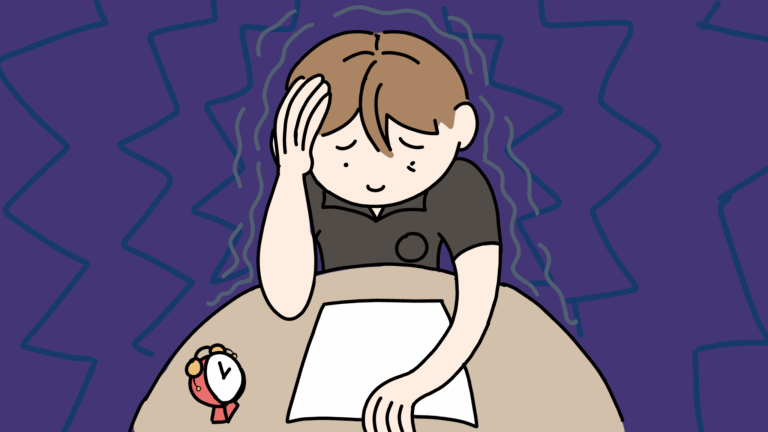This year at the Oscars, a deaf man won the Academy award for Best Supporting Actor, the first time in history; “Dune” won six Oscars, the most at the ceremony; and a movie produced by a streaming service won Best Picture, hinting that the industry may be headed in a new direction.
Yet all of these accomplishments were overshadowed by Will Smith’s infamous slap to Chris Rock for a joke directed at Jada Pinkett Smith. People quickly took to social media, either criticizing Rock’s joke or condemning Smith for his actions. The heart of the issue is the question of whether or not physical aggression is ever an appropriate response to verbal aggression.
Here’s some context: Jada Pinkett Smith, Smith’s wife and the target of the joke, suffers from alopecia, an autoimmune disorder that causes hair loss. Rock mocked Jada’s buzz cut tby comparing her to GI Jane, a fictional female soldier character from a movie of the same name. It’s clear the joke was made in bad taste. However, Rock’s job as the Oscars host is to entertain, and comedy in the form of mockery is not uncommon/
Some have defended Smith, citing his later apology as proof of his sincere regret. Others have said that Rock’s joke was utterly despicable and that he should not have body-shamed someone for something they have no control over. Even though I see the merit of both of these claims, I don’t believe Smith accomplished anything by slapping Rock. Regardless of whether or not the slap was justified, the aftermath is what matters. All Smith gained from the slap was the satisfaction of hurting someone who mocked his wife. What else was there to gain? Rock wouldn’t issue a sincere apology on stage. What Smith lost was far greater.
Aside from being banned for 10 years from any Academy event, he lost his dignity. He showed his emotions control him more than he controls them. He showed that he values his pride, albeit for his wife, over others. He showed he cannot choose restraint during adversity. If Smith had conveyed his displeasure to Rock in a more productive way, he would’ve brought attention to the joke and received an apology. Instead, Smith drew all attention towards himself and had to apologize for his impulsive actions.
Outside of this example, I believe physical violence always escalates conflict in a way that leads to further conflict, rather than reconciliation. Even when violence produces a desired outcome, such as silencing an offending speaker, the action leaves both parties unsatisfied and hateful. Attempting to mend a situation with words offers the chance for both parties to make peace with each other. Just as words can harm, they can also heal. In many cases, something as simple as expressing your emotions to the other person can de-escalate the conflict. Of course, this is only applicable for when the other person truly cares about you. When words don’t work, walking away is always another way out. We live in a world where generally, an aggressor verbally abusing another is seen as wrong. The victim in this situation will always gain the favor of the public. But once this victim resorts to violence, they become an aggressor and are seen as the villain.
In our culture, we often rely on the philosophy of “an eye for an eye and a tooth for a tooth” in disputes. We want to hurt those who hurt us; we want “justice”. But resisting this temptation to retaliate not only promotes peace, but helps us on an individual level to mature as people. We learn patience, love, forgiveness, and self-control from not retaliating. Retaliation will always lead to further conflict. Striving for peace offers far more.






